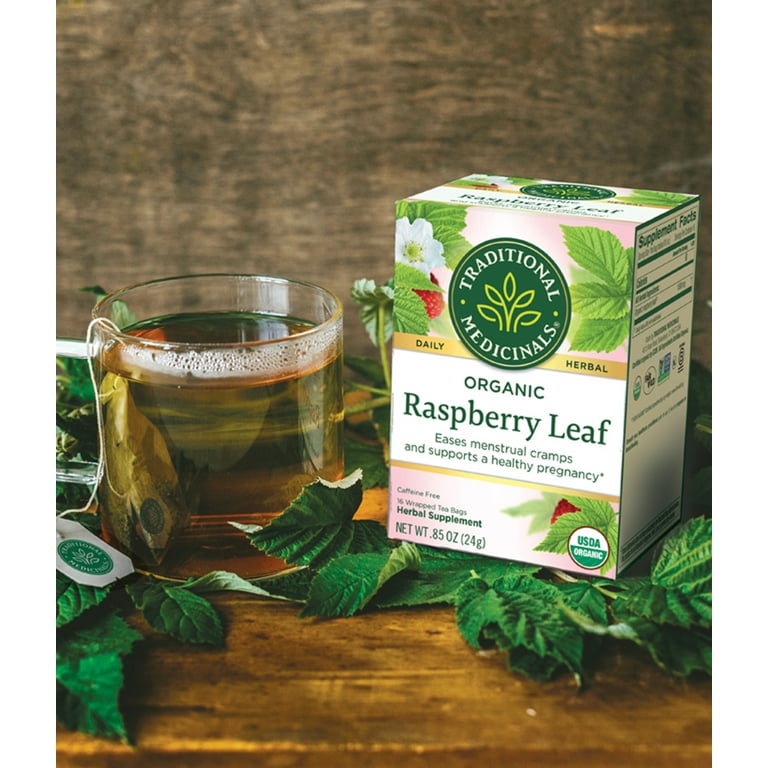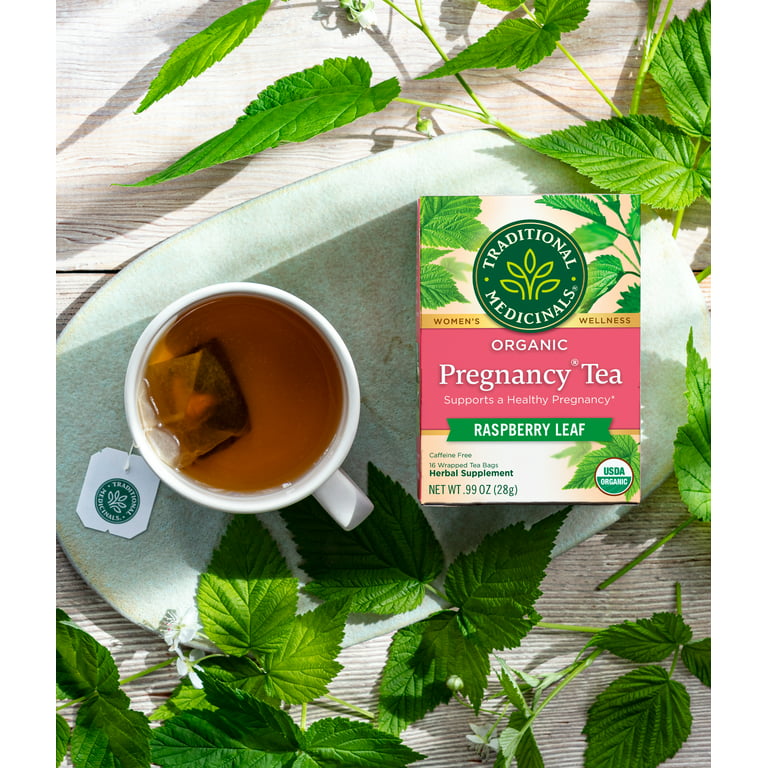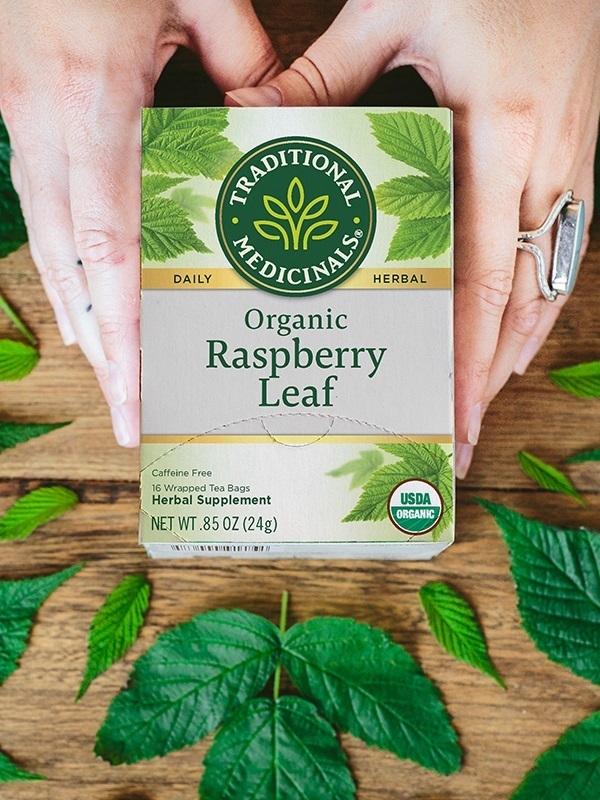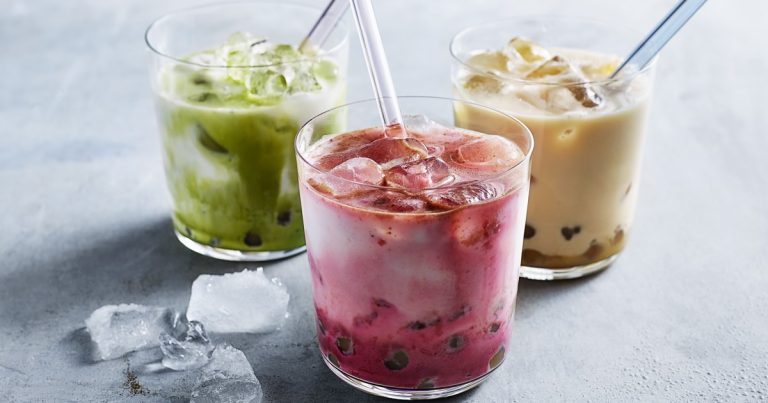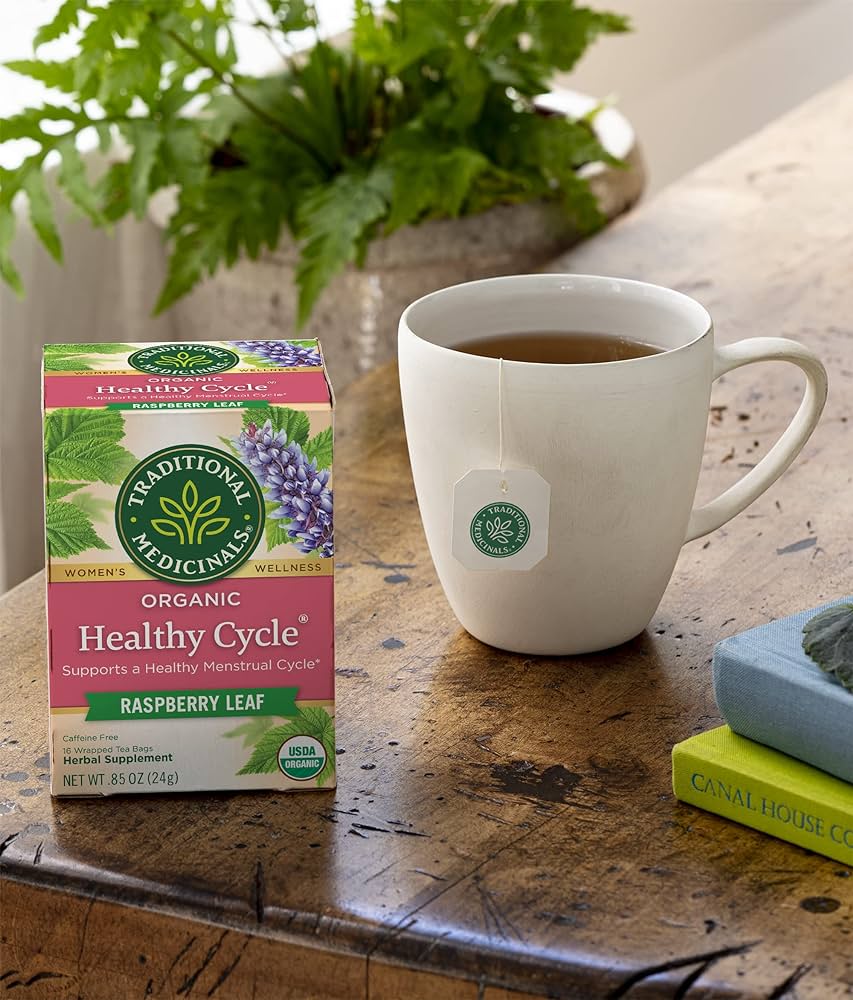
Healthy Cycle Tea
Is Drinking Cycle Tea Actually Good for You?
Cycle brand herbal tea has become popular for its intended benefits aligned with different times of the menstrual cycle. Healthy Cycle tea:The tea varieties promise to alleviate common period symptoms and hormonal fluctuations.
But do these teas deliver on their claims of supporting women’s health? Let’s analyze the ingredients, purported benefits, and potential downsides to determine if cycle tea is smart or snake oil.
What is Cycle Tea?
Cycle tea refers to a line of herbal tea blends marketed to provide relief from menstrual symptoms. The Cycle brand offers four tea formulations intended for each phase of a woman’s monthly cycle:
- Period Tea – Formulated for cramp relief and energy during menstruation
- PMS Tea- Targeted for relieving breast tenderness, bloating, and irritability before your period
- Mellow Mood Tea – Designed to reduce anxiety and stress during ovulation
- Detox Tea – Promoted to clear bloating, acne, and sluggishness after menstruation
In addition to Cycle, other brands like Pink Stork and Traditional Medicinals offer similar cycle-synced tea formulations. They commonly contain a blend of herbs thought to address issues tied to menstrual hormones.
But are the ingredients actually effective and safe? Let’s analyze what’s really in cycle teas.
Common Ingredients in Cycle Tea Blends
Cycle teas combine various herbs that manufacturers claim offer benefits related to feminine health. Here are some standard ingredients found in cycle tea blends and their purported effects:
- Chamomile – Antioxidant and anti-inflammatory, aids relaxation and sleep
- Lemon balm- Calms anxiety, eases cramps
- Peppermint – Reduces bloating, settles the stomach
- Cinnamon – Regulates heavy bleeding
- Ginger – Alleviates nausea, cramps, and pain
- Raspberry leaf – Relieves cramps, may strengthen uterine health
- Dandelion leaf- Diuretic to reduce fluid retention and bloating
- Milk thistle – Supports healthy liver function
- Ashwagandha- Adapogenic herb to manage stress and hormones
These herbs offer a range of compounds thought to ease common period discomforts. However, few large scale human studies exist on their efficacy and safety specifically for menstrual issues.
So the extent of their benefits when combined in cycle teas is not well substantiated. Let’s look closer at the evidence.
Limited Evidence on Efficacy of Herbal Cycle Teas
There is very limited research done specifically on cycle-synced herbal tea blends for women’s health. The few studies available offer inconsistent results:
- A 2021 study on Pink Stork menstrual tea found it significantly reduced period pain.
- But a 2022 study on Cycle brand teas showed no difference in PMS symptoms compared to placebo tea.
- Early research shows promise for chamomile and ginger to alleviate menstrual cramps.
- Peppermint oil may provide modest relief for symptoms like nausea and headaches.
- Effects of other ingredients like raspberry leaf, lemon balm, and dandelion remain largely unproven.
Without extensive clinical research on commercial tea blends for feminine health, it’s hard to say if they confer significant benefits for most women. The few studies done show mixed effectiveness on period pain and PMS relief.
Potential Benefits of Cycle Tea Ingredients
While cycle teas lack robust evidence as a whole, some of their herbal ingredients do show promise:
Chamomile – Its antioxidant and anti-inflammatory effects may help relax muscles and calm the nervous system. Studies show moderate benefits for anxiety, sleep, muscle spasms, and pain relief.
Ginger – Ginger exhibits anti-inflammatory, antioxidant, and analgesic effects. Research demonstrates its efficacy for reducing nausea and pain from menstrual cramps.
Peppermint – Menthol in peppermint provides analgesic, anti-inflammatory and antispasmodic effects. It may help ease digestive issues and relax cramping.
So ingredients like chamomile, ginger and peppermint found in many cycle tea blends have demonstrated benefits that plausibly aid period discomfort. But more research is still needed on combining them in tea formulations specifically for women’s cycles.
Potential Side Effects of Cycle Teas
Despite coming from natural herbs, cycle teas may cause adverse reactions in some:
- Allergies– Herbs may trigger allergic reactions, rashes, or upset stomach in sensitive people.
- Hormone effects – Herbs like licorice root may negatively impact hormones and fertility if consumed in excess.
- Medication interactions- Herbs may interact with birth control, antidepressants, blood thinners, and other drugs.
- Liver toxicity – High doses of herbs like milk thistle could tax the liver.
- Contaminants – Teas may contain pesticides, heavy metals, molds, or other contaminants if not third-party tested.
Pregnant or breastfeeding women are generally advised to avoid most herbal supplements, including cycle teas, due to lack of safety research.
For healthy women, cycle tea side effects are likely rare when consuming as directed. But the long term safety of drinking these herbal blends frequently or in high amounts remains uncertain.
Healthier Alternatives to Support Menstrual Health
If you find cycle teas ineffective or want to avoid possible risks, here are some healthier strategies to alleviate period problems:
- Exercise – Regular activity reduces cramps and PMS mood issues.
- Heat- Heating pads, warm baths, and saunas relieve cramps and tension.
- Fish oil – Omega-3s reduce inflammation and menstrual pain.
- Calcium and vitamin D – Supplements improve PMS symptoms.
- Cut alcohol and salt – Avoiding these before your period minimizes bloating.
- Destress- Practices like yoga, meditation, and massage decrease PMS woes.
- Anti-inflammatory diet – Emphasizing produce, healthy fats, and lean proteins tames issues.
Making positive lifestyle changes can often alleviate common menstrual problems without relying on herbs with unproven benefits and potential risks.
The Bottom Line: Is Cycle Tea Good or Bad for You?
So what’s the final verdict on cycle teas? Are they an effective, safe method for period relief or an unnecessary risk?
The truth lies somewhere in the middle. Certain ingredients like ginger or chamomile may offer modest benefits for issues like pain, bloating and stress. But the actual efficacy of commercial tea blends marketed for women’s cycles remain largely unproven.
Drinking cycle tea in small amounts as an occasional adjunct to a healthy lifestyle is likely fine for most women. However, depending on them as a primary solution or consuming excessively could pose possible downsides.
While cycle teas may provide support, don’t overlook more impactful lifestyle measures for optimum menstrual health. Targeted herbs could complement other positive changes, but are unlikely to be a magic solution on their own.
Incorporate cycle tea sparingly as part of an overall focus on nutrition, exercise, stress reduction, and other healthy period management habits. This balanced approach gives you the best chance for overcoming monthly symptoms while avoiding potential risks of relying too heavily on trendy teas.

